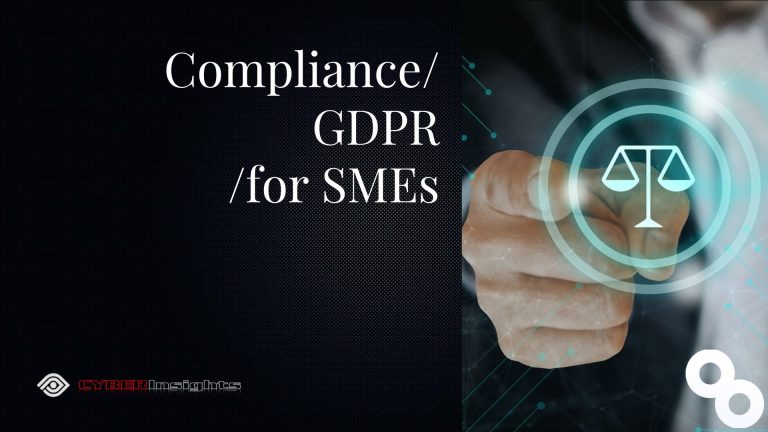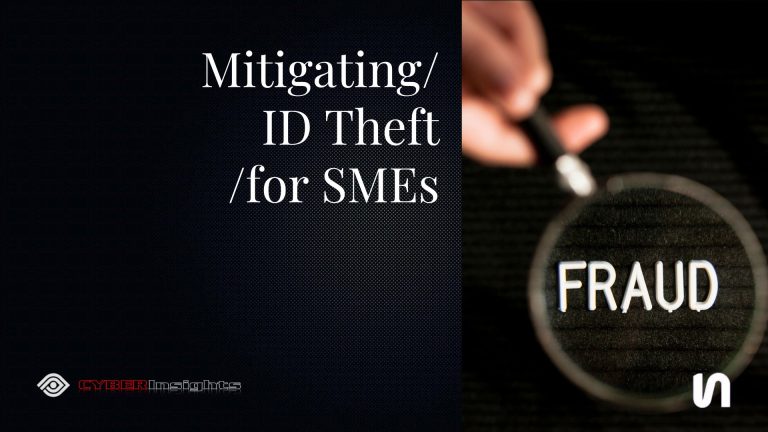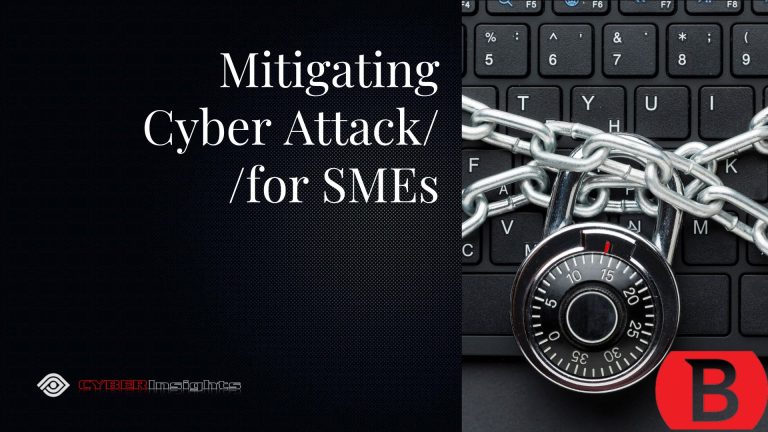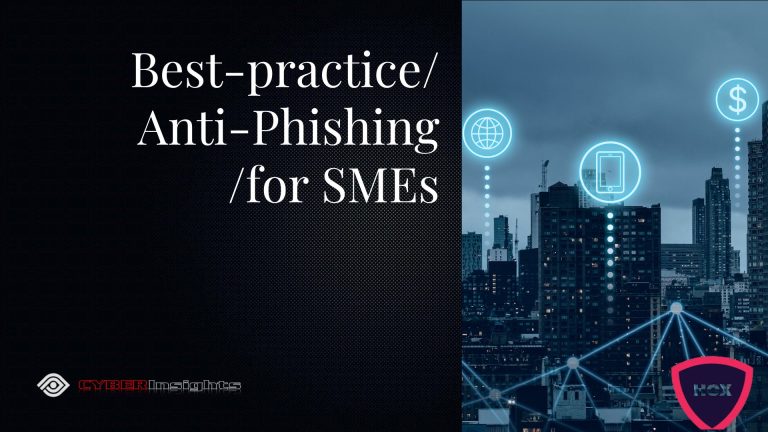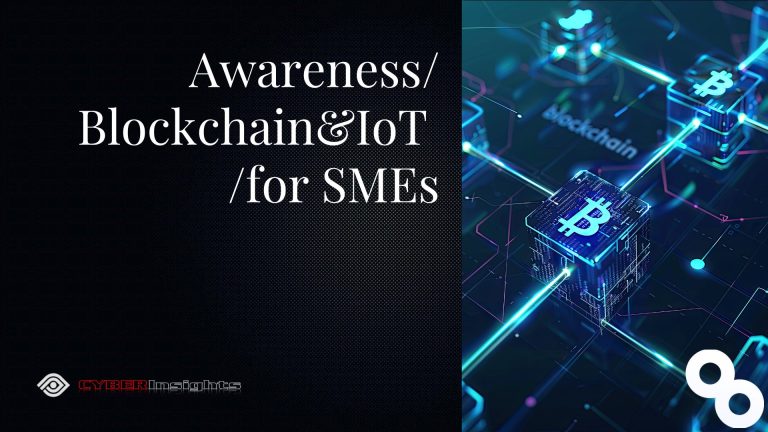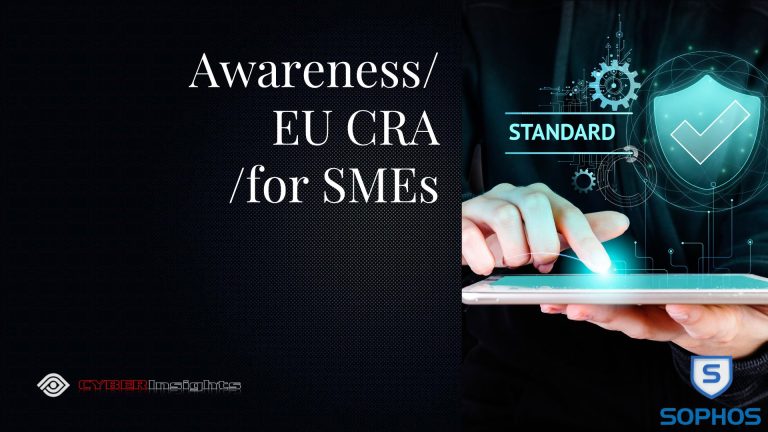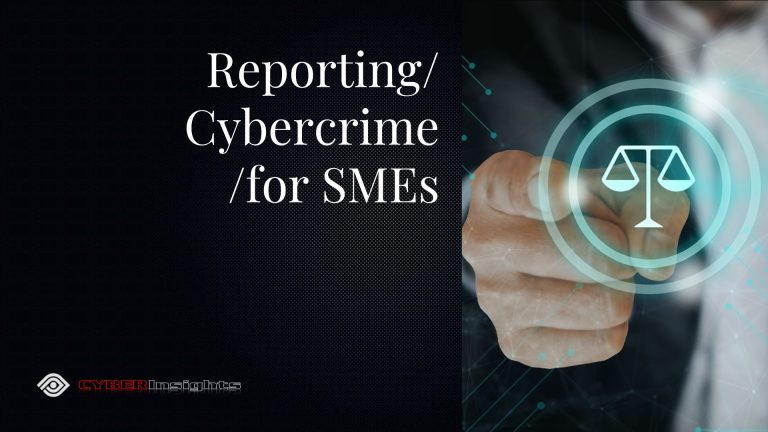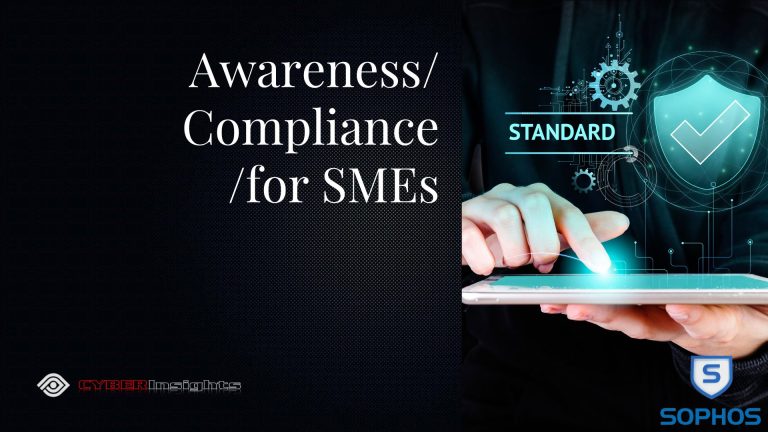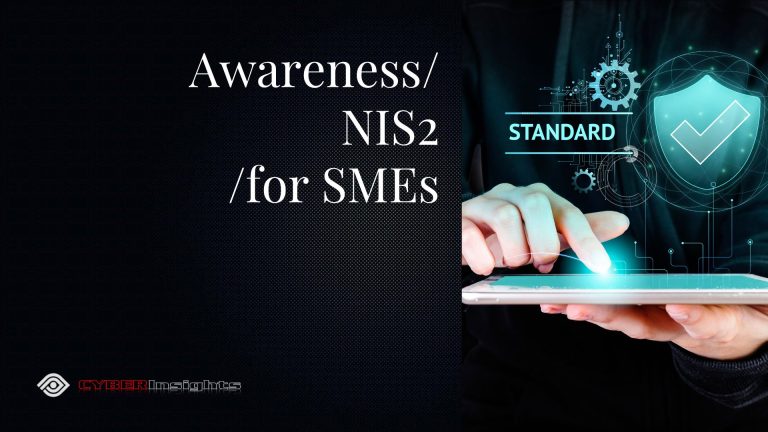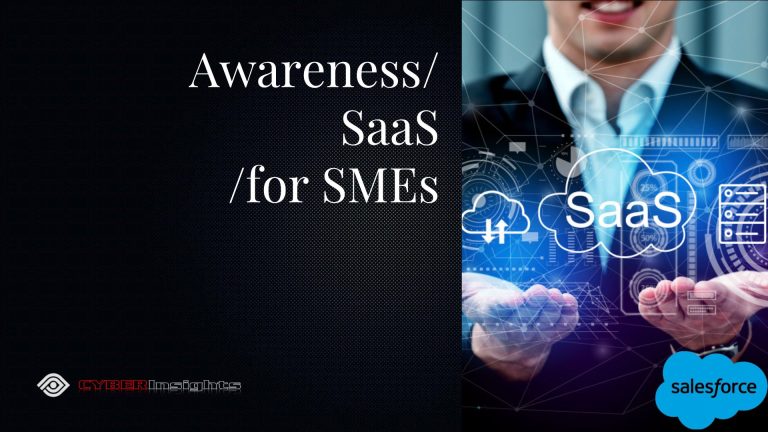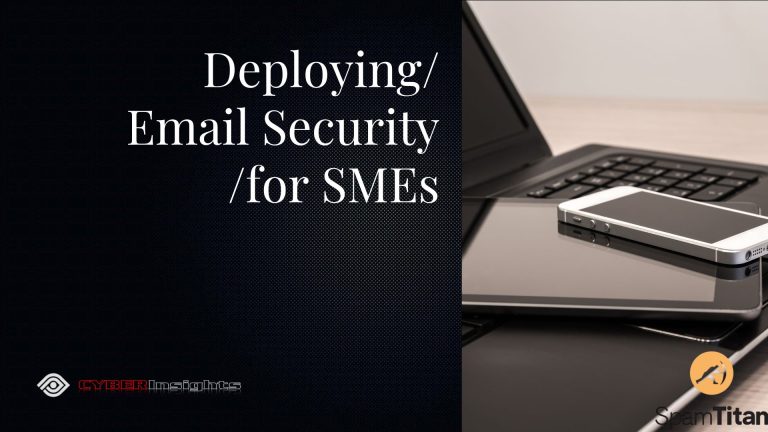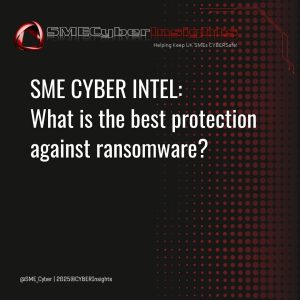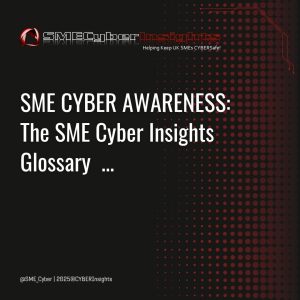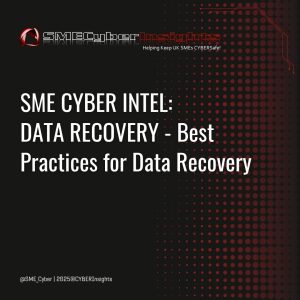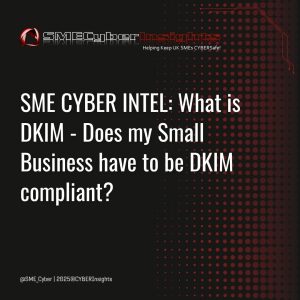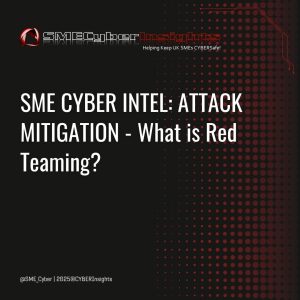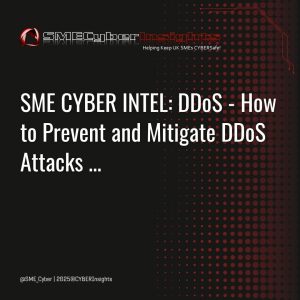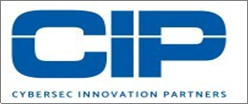EMAIL SECURITY: DMARC Adoption Surges: What It Means for UK Small Businesses
March 26, 2025Helping Keep Small Business CYBERSafe!
Gibraltar: Wednesday 26 March 2025 at 10:00 CET
EMAIL SECURITY: DMARC Adoption Surges: What It Means for UK Small Businesses
By: Iain Fraser – Cybersecurity Journalist
CYBERInsights – The UK Small Business Cybersecurity Network
#CyberInsights #CyberSecurity #CyberAwareness #CyberSafe #SME #SmallBusiness
Introduction
Over a year after Google and Yahoo implemented stricter email sender requirements, DMARC (Domain-based Message Authentication, Reporting & Conformance) adoption has surged globally. As email fraud and phishing attacks continue to threaten businesses, DMARC has emerged as a critical tool in enhancing email security. But what exactly is DMARC, and why is it particularly relevant for UK small businesses?
What is DMARC?
DMARC is an email authentication protocol that helps protect domain owners from email spoofing, phishing, and business email compromise (BEC). It builds on existing SPF (Sender Policy Framework) and DKIM (DomainKeys Identified Mail) standards to allow domain owners to specify how their email should be authenticated and how receivers should handle unauthorized emails.
When configured correctly, DMARC helps email recipients (such as Gmail, Yahoo, and Outlook) verify whether an email claiming to come from a particular domain is legitimate or fraudulent. If an email fails DMARC checks, the domain owner can instruct the receiving server to quarantine, reject, or monitor the message.
The Importance of DMARC for UK Small Businesses
Small Businesses in the UK are increasingly targeted by cybercriminals due to their often-limited security measures. Implementing DMARC offers several key benefits:
• Prevents Email Spoofing & Phishing Attacks
Phishing remains one of the most common attack vectors, with cybercriminals impersonating trusted brands or internal staff to steal sensitive information. DMARC helps prevent unauthorized senders from spoofing your domain.
• Protects Brand Reputation
A compromised domain can damage a company’s credibility. DMARC prevents cybercriminals from sending fraudulent emails under your brand’s name, ensuring that customers and partners trust your communications.
• Improves Email Deliverability
Many email providers now prioritize DMARC-compliant emails. Implementing DMARC ensures your legitimate emails reach inboxes rather than being flagged as spam or phishing attempts.
Enhances Overall Cybersecurity Posture
DMARC is a proactive security measure that reduces the likelihood of successful cyberattacks. Combined with employee training and robust endpoint security, it significantly strengthens a business’s overall cybersecurity resilience.
DMARC Adoption: A Growing Trend
Since Google and Yahoo introduced stricter email sender policies in early 2024, the adoption of DMARC has accelerated. Businesses that fail to implement DMARC risk having their emails rejected or flagged as suspicious, which can impact communication with customers, partners, and suppliers.
Recent reports indicate that businesses across the UK have been gradually adopting DMARC to comply with these new policies and enhance their security. However, many small businesses are still lagging behind due to a lack of awareness or perceived technical complexity.
How UK Small Businesses Can Implement DMARC
Adopting DMARC is simpler than it may seem. Here’s a step-by-step approach:
• Assess Your Current Email Authentication Setup
Ensure your domain has SPF and DKIM properly configured before implementing DMARC.
Create a DMARC Record. A DMARC record is a TXT entry added to your domain’s DNS settings. This record defines your DMARC policy (monitoring, quarantining, or rejecting unauthorized emails).
• Start with a Monitoring Policy (p=none)
Initially, set DMARC to “none” (p=none) to monitor email activity without blocking messages. This allows you to collect data on unauthorized email activity.
• Analyse DMARC Reports
Review the reports generated by DMARC to identify any unauthorized senders using your domain.
• Gradually Enforce Stricter Policies
Once confident that legitimate emails are passing authentication, shift to a stricter policy, such as “quarantine” or “reject,” to actively block fraudulent emails.
• Regularly Monitor & Adjust
DMARC is not a one-time setup; continuous monitoring and adjustments are necessary to keep your email security strong.
Final Thoughts
As email security threats continue to evolve, DMARC adoption is becoming a necessity rather than an option. UK Small Businesses must recognize the importance of securing their email domains to prevent fraud, protect their reputation, and ensure reliable communication. Implementing DMARC is a proactive step towards a more secure digital environment, and with increasing enforcement from major email providers, businesses that ignore it risk falling behind.
By taking the initiative to adopt DMARC now, UK Small Businesses can safeguard their operations, build trust with customers, and stay ahead in the cybersecurity landscape.
Need Help with DMARC
Need help implementing DMARC for your business? Contact CyberInsights for expert guidance on securing your email communications today!
UK Small Business Owner? Join CYBERInsights Free Now! & Access the SME Cyber Forum – Read, Learn, Engage, Share …
The Latest SME Cybersecurity News, Threat Intelligence & Analysis, Timely Scam Alerts, Best-practice Compliance, Mitigation & Resources specifically curated for UK Based SMEs in a Single Weekly Email direct to your Inbox or Smart Device together with Unrestricted Free Access to our entire SME Cyber Knowledge & Tutorial Library.
GDPR Training & Audits – Your business’s reputation is everything. If you’re not GDPR compliant, there is much more at stake for your company than a fine. Without your reputation and proof that you can offer your clients/customers complete privacy and protection, you could be left out in the cold. Our online course offers you a human approach to training while being informative and easy to follow. We also offer in-house training with Keith, who has been involved in the development of the General Data Protection Regulation with both the UK Information Commissioner’s Office and the Internet Advertising Bureau. As well as training, we are able to run full GDPR audits on your businesses terms and conditions and privacy policies.


